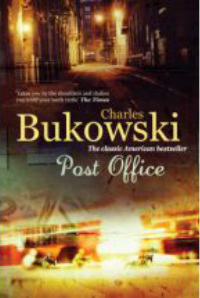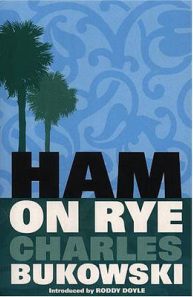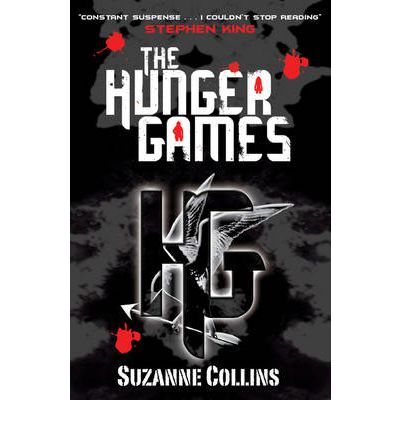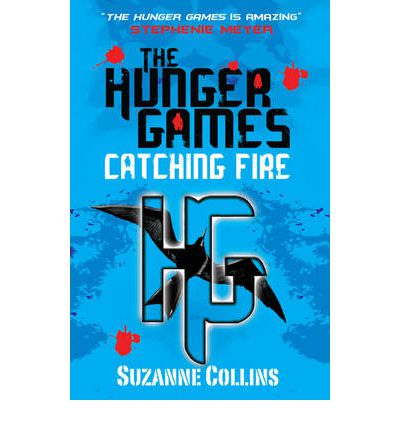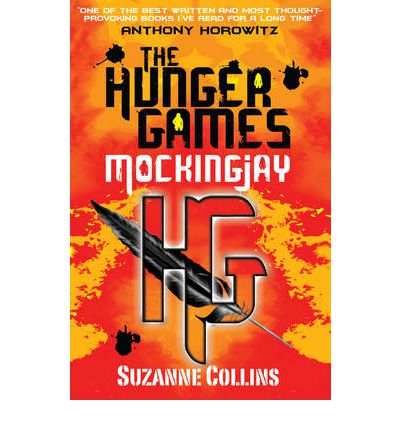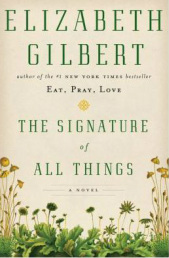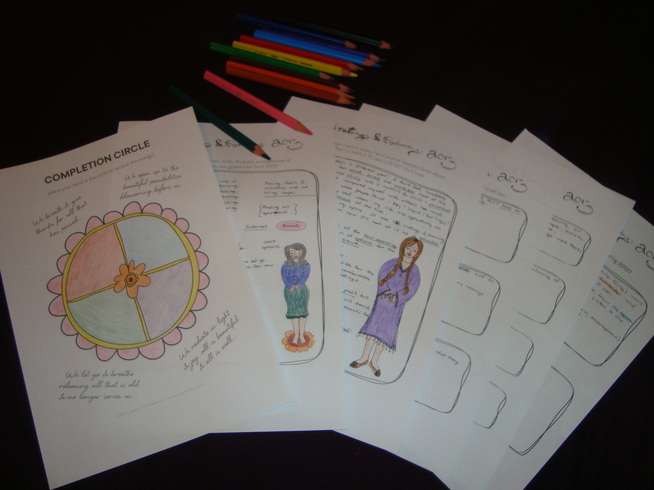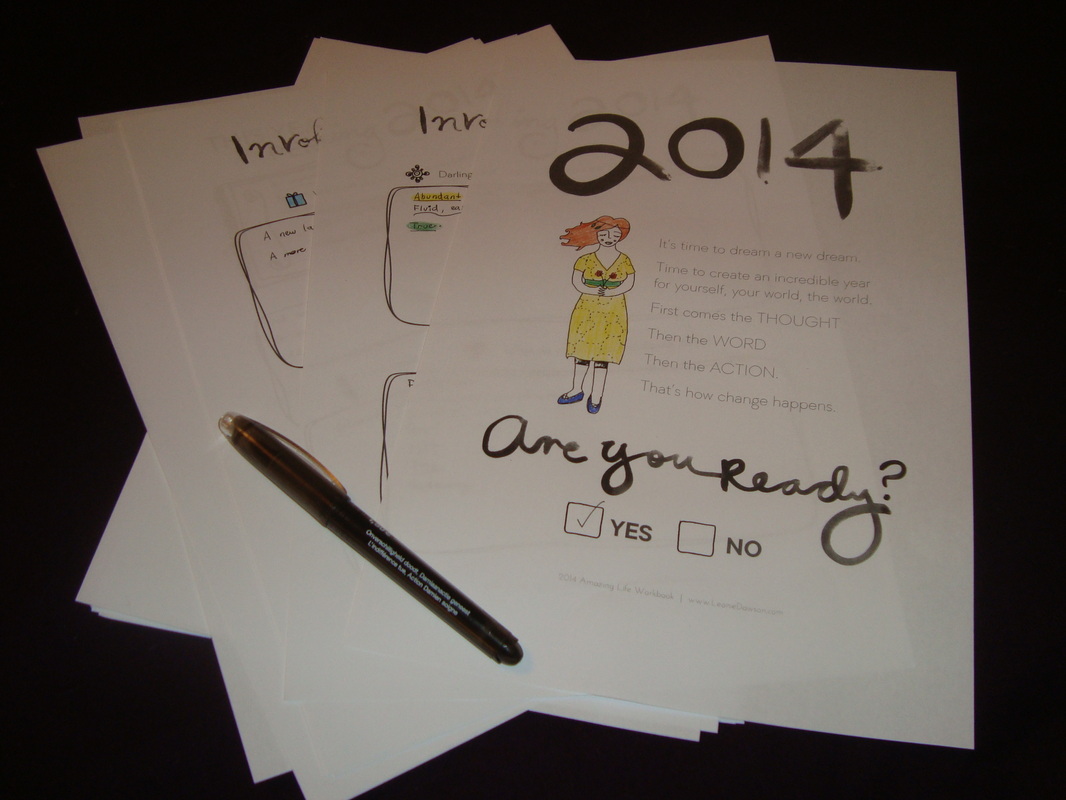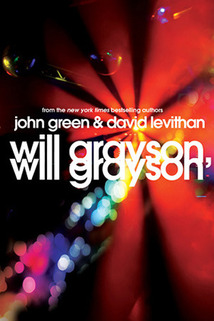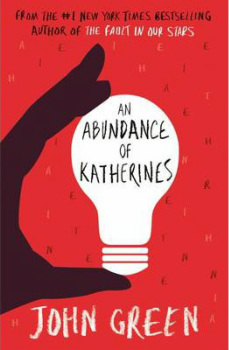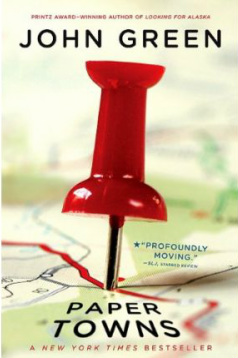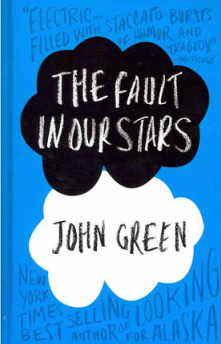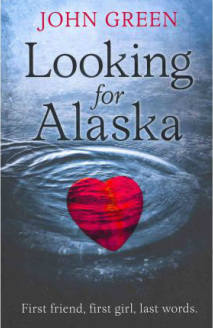Bukowski is one of those authors I heard about over the years but never came around to reading. I had heard his name but never actually knew what his writing was like and yet for some reason I thought he was one of those dense, exhausting, difficult to understand kind of writers.
Could I have been more wrong? His writing is honest, free-flowing and sometimes very crude. What I mistakenly thought of him is exactly what he despised in writers:
“They were very dull. There were pages and pages of words that didn’t say anything. Or if they did say something they took too long to say it and by the time they said it you already were too tired to have it matter at all.” Ham on Rye
I enjoy the way he tells his stories. It’s like you’re sitting with him, talking about life. Ham on Rye shows his growing up with his parents, the beatings his father gave him, his anger, his acne outburst and the painful treatments, his awkwardness towards people in general and girls in special and his self-destructive behaviour – always getting into fights and drinking himself unconscious.
Post Office was his first novel and it’s a portrait of the period he worked for, obviously, the Post Office. A mind-numbing job, a life of drinking, gambling and screwing around. Here you see what became of the boy from Ham on Rye.
Henry is not a likeable character and sometimes I had to put the book down before it made me too depressed. He lived at a time and place marked by unemployment, poverty, dead-end jobs, war. But I did like his observations of the world around him.
"At the age of 25 most people were finished. A whole god-damned nation of assholes driving automobiles, eating, having babies, doing everything in the worst way possible, like voting for the presidential candidate who reminded them most of themselves." Ham on Rye
"Any damn fool can beg up some kind of job; it takes a wise man to make it without working." Post Office
"All a guy needed was a chance. Somebody was always controlling who got a chance and who didn't." Ham on Rye
"Was I the only person who was distracted by this future without a chance?" Ham on Rye
On reading:
"Turgenev was a very serious fellow but he could make me laugh because a truth first encountered can be very funny. When someone else's truth is the same as your truth, and he seems to be saying it just for you, that's great." Ham on Rye
"Words weren't dull, words were things that could make your mind hum. If you read them and let yourself feel the magic, you could live without pain, with hope, no matter what happened to you." Ham on Rye
I’m very curious about his other books: Women, Hollywood, and Factotum. But I need a break to read something lighter first.
Could I have been more wrong? His writing is honest, free-flowing and sometimes very crude. What I mistakenly thought of him is exactly what he despised in writers:
“They were very dull. There were pages and pages of words that didn’t say anything. Or if they did say something they took too long to say it and by the time they said it you already were too tired to have it matter at all.” Ham on Rye
I enjoy the way he tells his stories. It’s like you’re sitting with him, talking about life. Ham on Rye shows his growing up with his parents, the beatings his father gave him, his anger, his acne outburst and the painful treatments, his awkwardness towards people in general and girls in special and his self-destructive behaviour – always getting into fights and drinking himself unconscious.
Post Office was his first novel and it’s a portrait of the period he worked for, obviously, the Post Office. A mind-numbing job, a life of drinking, gambling and screwing around. Here you see what became of the boy from Ham on Rye.
Henry is not a likeable character and sometimes I had to put the book down before it made me too depressed. He lived at a time and place marked by unemployment, poverty, dead-end jobs, war. But I did like his observations of the world around him.
"At the age of 25 most people were finished. A whole god-damned nation of assholes driving automobiles, eating, having babies, doing everything in the worst way possible, like voting for the presidential candidate who reminded them most of themselves." Ham on Rye
"Any damn fool can beg up some kind of job; it takes a wise man to make it without working." Post Office
"All a guy needed was a chance. Somebody was always controlling who got a chance and who didn't." Ham on Rye
"Was I the only person who was distracted by this future without a chance?" Ham on Rye
On reading:
"Turgenev was a very serious fellow but he could make me laugh because a truth first encountered can be very funny. When someone else's truth is the same as your truth, and he seems to be saying it just for you, that's great." Ham on Rye
"Words weren't dull, words were things that could make your mind hum. If you read them and let yourself feel the magic, you could live without pain, with hope, no matter what happened to you." Ham on Rye
I’m very curious about his other books: Women, Hollywood, and Factotum. But I need a break to read something lighter first.

